
The Legend of Zelda series has become a cornerstone of the gaming world, enchanting players with its rich narratives, immersive worlds, and innovative gameplay. As we delve into the best-selling Zelda games, we’ll explore not only their remarkable sales figures but also the creative marketing strategies that have solidified their status in gaming history.
| Rank | Game | Genre | Developer | Publisher | Platform | Release Date | Copies Sold |
|---|---|---|---|---|---|---|---|
| 1 | 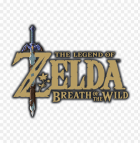 | Action-adventure | Nintendo | Nintendo | Nintendo Switch, Wii U | March 3, 2017 | 30,7 millions |
| 2 | 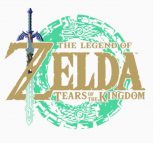 | Action-adventure | Nintendo | Nintendo | Nintendo Switch | May 12, 2023 | 20,3 millions |
| 3 | 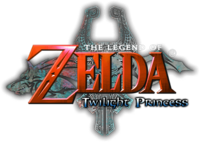 | Action-adventure | Nintendo | Nintendo | Wii, GameCube, Nvidia, Shield TV | November 19, 2006 | 8,6 millions |
| 4 | 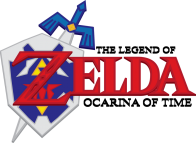 | Action-adventure | Nintendo | Nintendo | Nintendo 64, GameCube, iQue Player | November 21, 1998 | 7,6 millions |
| 5 | 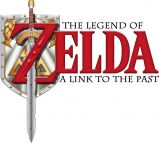 | Action-adventure | Nintendo EAD | Nintendo | Super NES | November 21, 1991 | 6,5 millions |
| 6 | 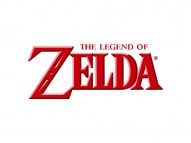 | Action-adventure | Nintendo EAD (1986–2013), Flagship (2002–2004), Grezzo (2011–2019), Nintendo EPD (2015–present) | Nintendo | Nintendo Entertainment System, Game & Watch, Super Nintendo Entertainment System, Game Boy, Nintendo 64, Game Boy Color, Game Boy Advance, GameCube, Wii, Nintendo DS, Nintendo 3DS, Wii U, Nintendo Switch | February 21, 1986 | 6,5 millions |
| 7 | 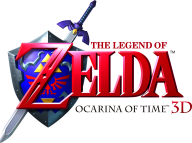 | Action-adventure | Grezzo | Nintendo | Nintendo Entertainment System, Game & Watch, Super Nintendo Entertainment System, Game Boy, Nintendo 64, Game Boy Color, Game Boy Advance, GameCube, Wii, Nintendo DS, Nintendo 3DS, Wii U, Nintendo Switch | June 16, 2011 | 6 millions |
| 8 | 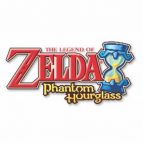 | Action-adventure | Nintendo EAD | Nintendo | Nintendo DS | June 23, 2007 | 4,7 millions |
| 9 | 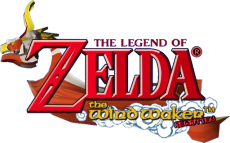 | Action-adventure | Nintendo EAD | Nintendo | GameCube | December 13, 2002 | 4,6 millions |
| 10 | 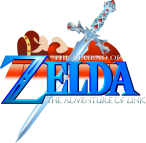 | Action-adventure | Nintendo R&D4 | Nintendo | Famicom Disk System, Nintendo Entertainment System, GameCube, Game Boy Advance | January 14, 1987 | 4,3 millions |
The History of Zelda Games
The Legend of Zelda series, conceived by Shigeru Miyamoto and Takashi Tezuka, was first introduced in 1986 by Nintendo, setting a new standard for the action-adventure genre with its innovative blend of puzzle-solving, exploration, and storytelling within a captivating fantasy universe. As the series progressed, it consistently embraced new gameplay mechanics and narrative depths, significantly influencing the evolution of video games. Each installment, while preserving the essence of the original, ventured into uncharted territories, introducing novel concepts and technologies, thus ensuring its enduring impact and relevance in the gaming industry. This adaptability and foresight in design have cemented The Legend of Zelda’s status as a cornerstone in the action-adventure genre, inspiring countless other games and developers.
Best Zelda Games: Ranked by Sales
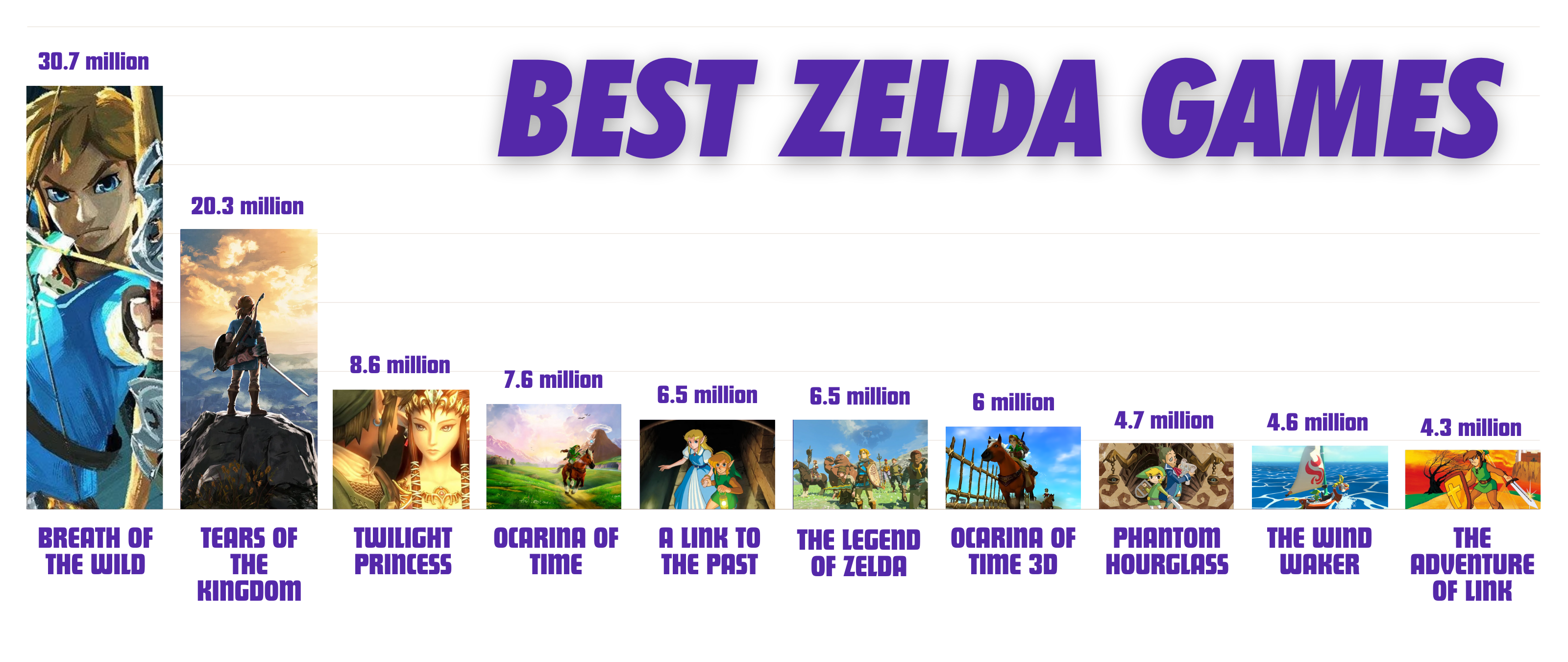
- Breath of the Wild
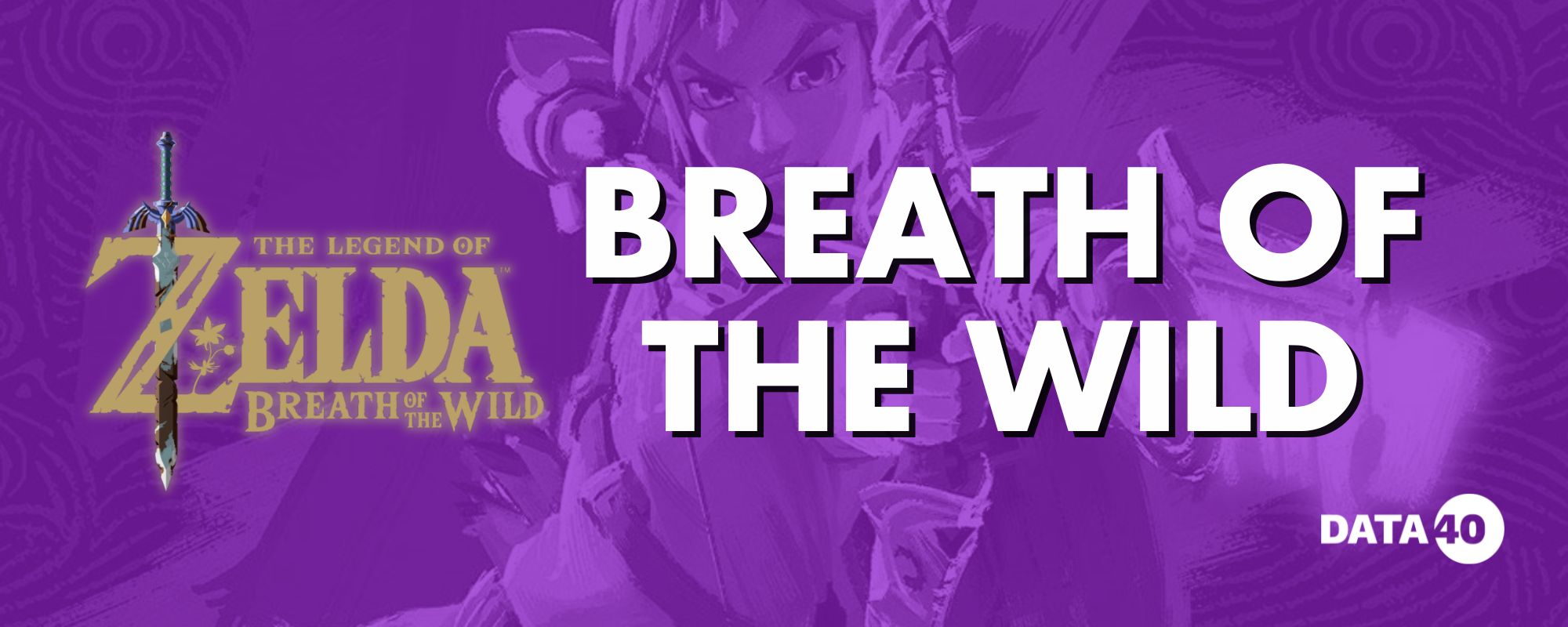
- Developer: Nintendo
- Release Date: March 3, 2017
- Copies Sold: 30.7 million
“Breath of the Wild” broke new ground with its open-world exploration, offering unparalleled freedom and adventure. In marketing this title, Nintendo focused on the game’s expansive world and innovative mechanics, showcasing breathtaking landscapes and the game’s dynamic weather system. The promotional campaign featured a series of interactive experiences at major gaming conventions, allowing attendees to immerse themselves in Hyrule’s vast wilderness. It was the 6th anniversary of the game’s original release. This commemorative occasion was aptly named “The Wild Festival.” The festival not only honored the groundbreaking achievements of “Breath of the Wild” but also its lasting impact on the gaming community and the open-world genre. Through limited-edition merchandise and a concert series that highlighted the game’s iconic soundtrack, “The Wild Festival” offered fans new and old a way to reconnect with the game’s vast, explorative world and its unforgettable musical scores, ensuring the legacy of “Breath of the Wild” continues to resonate within the hearts of Zelda enthusiasts around the globe.
- Tears of the Kingdom
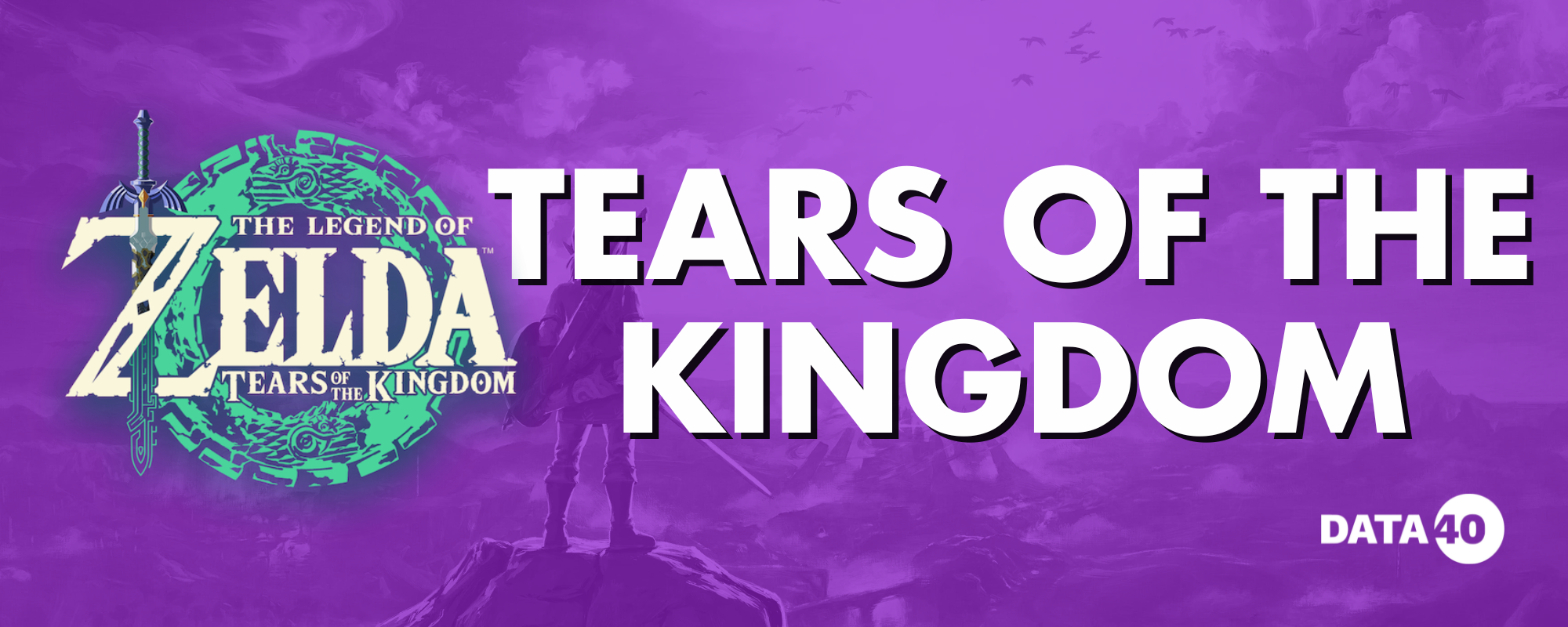
- Developer: Nintendo
- Release Date: May 12, 2023
- Copies Sold: 20.3 million
Building on the success of its predecessor, “Tears of the Kingdom” captivated audiences with its rich storytelling and enhanced gameplay mechanics.The game built upon the open-world exploration introduced in “Breath of the Wild,” offering more refined and intricate mechanics. These included advanced combat systems, deeper puzzle-solving elements, and improved interaction with the environment, allowing for a more immersive and engaging player experience. The marketing campaign leveraged social media influencers and gaming celebrities to create buzz and anticipation. Special collaborations with popular brands in 2023 offered exclusive in-game content, creating a cross-promotional synergy that expanded the game’s reach beyond traditional gaming audiences.
- Twilight Princess
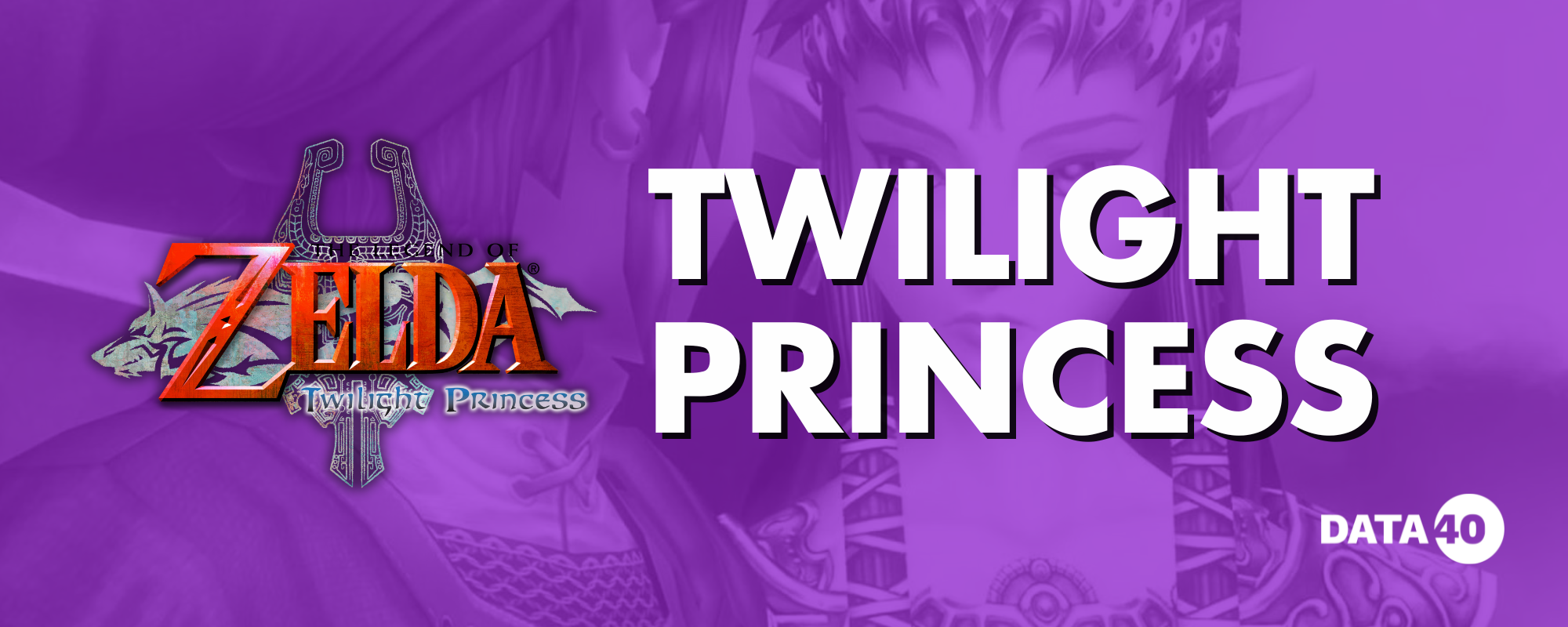
- Developer: Nintendo
- Release Date: November 19, 2006
- Copies Sold: 8.6 million
“Twilight Princess” offered gamers a darker, more mature Zelda experience. The marketing strategy for this title included a memorable live-action trailer that captured the game’s intense atmosphere and narrative depth. It was designed to capture the game’s darker tone and narrative depth, successfully setting the atmosphere for what players could expect.Special editions and collectibles were released in conjunction with the game, appealing to both long-time fans and collectors. In 2023, a special remastered version was announced, accompanied by a series of fan events and interactive digital experiences that celebrated the game’s legacy.
- Ocarina of Time
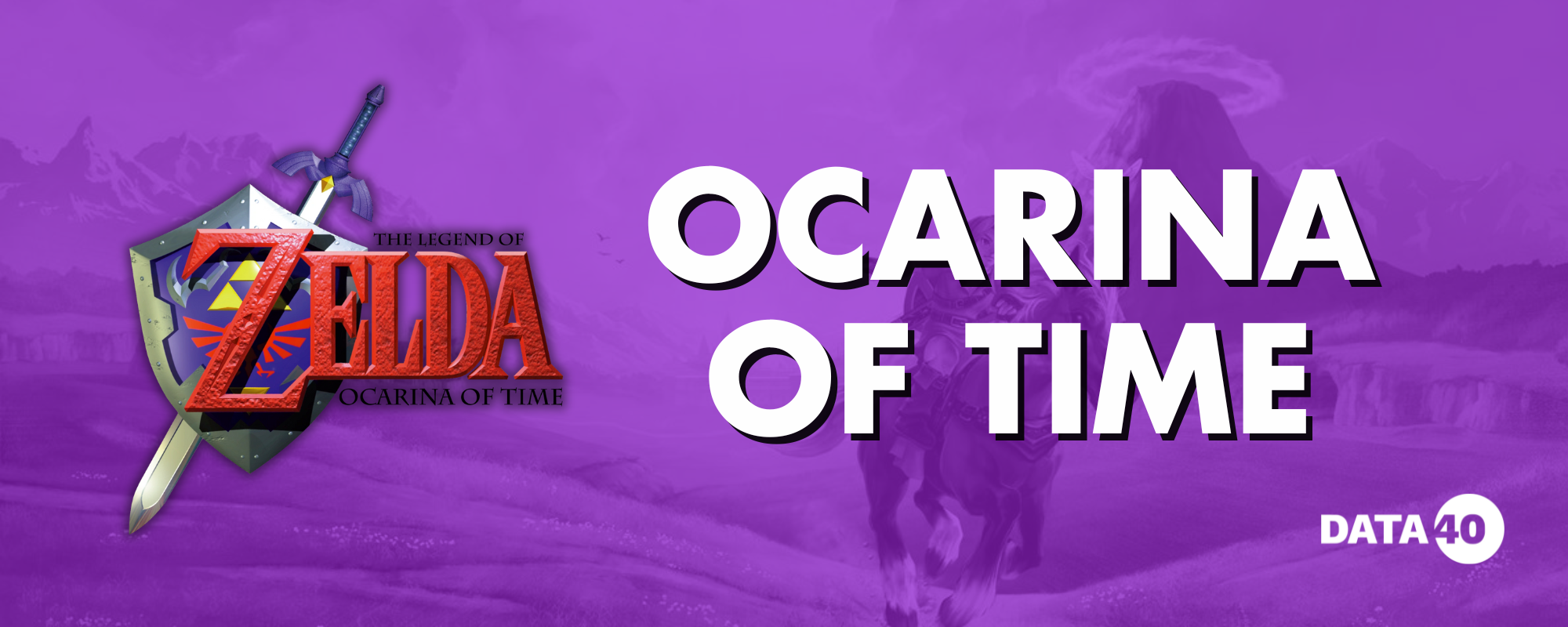
- Developer: Nintendo
- Release Date: November 21, 1998
- Copies Sold: 7.6 million
As one of the most revered titles in the Zelda series, “Ocarina of Time” set a new standard for action-adventure games. The marketing for this classic focused on its groundbreaking 3D graphics and intricate time-travel mechanics. It was exciting in 1998 due to the use of the Nintendo 64’s advanced hardware, allowing for a fully realized 3D Hyrule to explore. Features like a dynamic day-night cycle, diverse environments, and fluid character animations contributed to its popularity. The game’s immersive world and interactive elements set a new standard for the action-adventure genre, making it a beloved classic.Special anniversary events and merchandise have continued to celebrate the game’s impact, with collaborations with renowned artists and musicians to produce commemorative artwork and music inspired by the game’s iconic themes.
- A Link to the Past
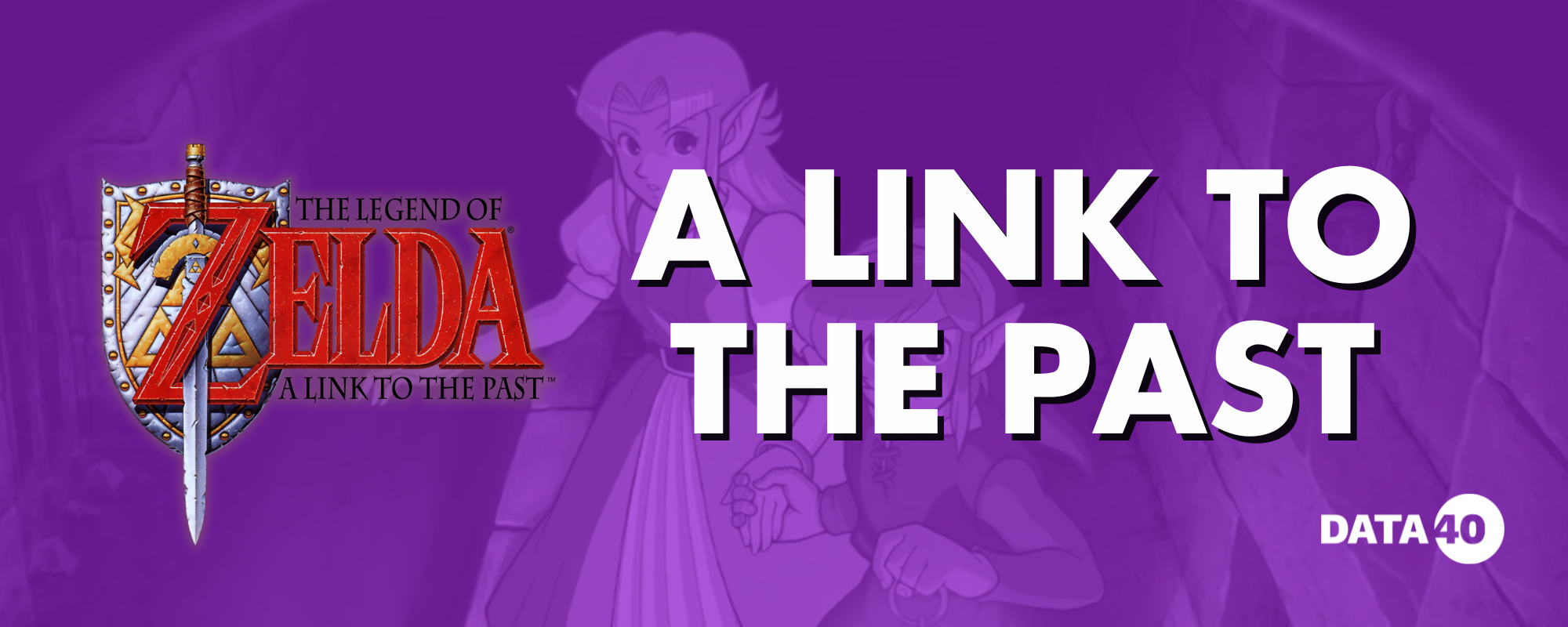
- Developer: Nintendo
- Release Date: April 13, 1992
- Copies Sold: 6.5 million
“A Link to the Past” returned players to the magical world of Hyrule with refined gameplay and an intricate dual-world mechanic. The marketing for this SNES classic focused on its rich storytelling and engaging puzzles.In “A Link to the Past,” the dual-world mechanic is realized through the ability to travel between the Light World and the Dark World. This feature deeply enriches the gameplay and puzzles, as actions in one world can affect the other, offering a complex layer of strategy and exploration. Events like the release of special editions and participation in retro gaming conventions have sustained the game’s popularity, allowing both new players and veterans to celebrate its innovation and influence on the Zelda series.
- The Legend of Zelda
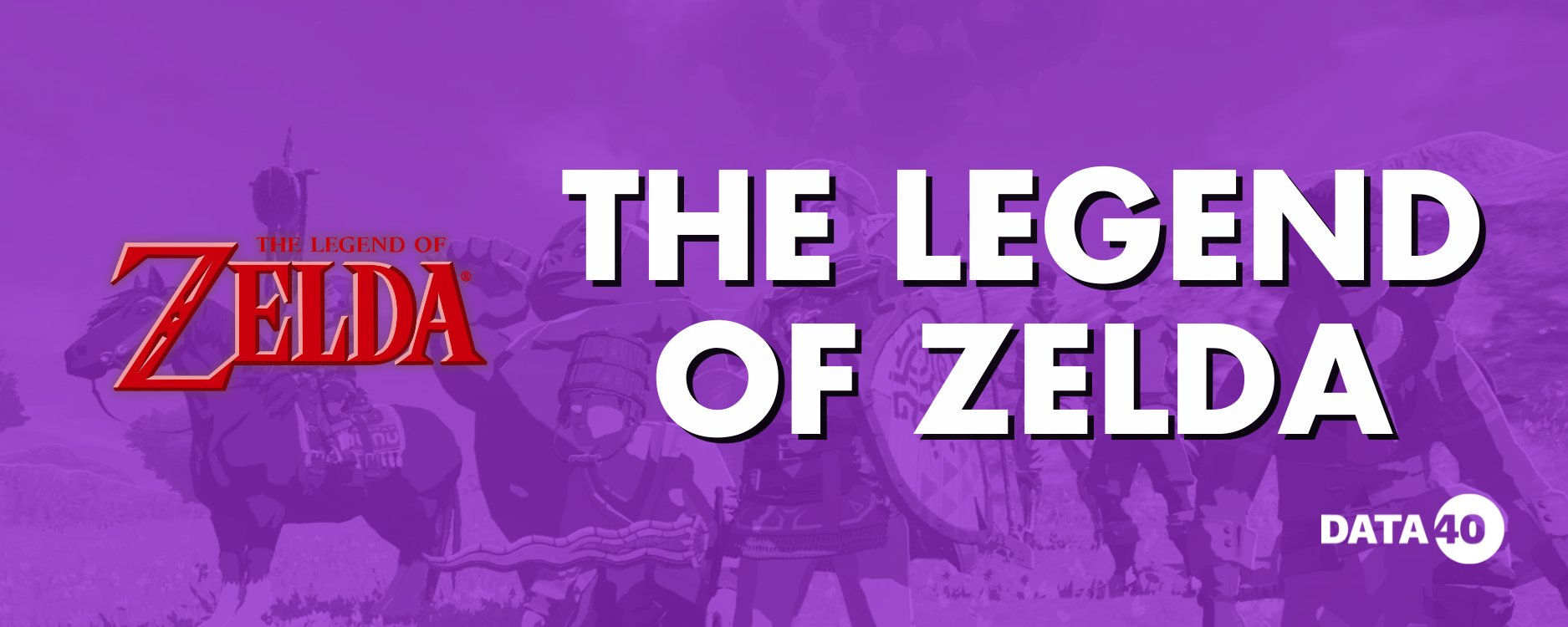
- Developer: Nintendo
- Release Date: February 21, 1986
- Copies Sold: 6.5 million
The game that started it all, “The Legend of Zelda,” introduced players to the magical world of Hyrule. This non-linear gameplay, combined with diverse environments, hidden dungeons, and a variety of puzzles and enemies, set a new standard for adventure games. The freedom to tackle challenges in any order and the game’s emphasis on exploration and discovery were revolutionary at the time, contributing significantly to its lasting impact on the gaming industry. Marketing for this classic focused on its pioneering open-world concept and challenging puzzles. Over the years, special retro-themed events and merchandise have tapped into the nostalgia of long-time fans, ensuring the original game remains a beloved classic.
- Ocarina of Time 3D
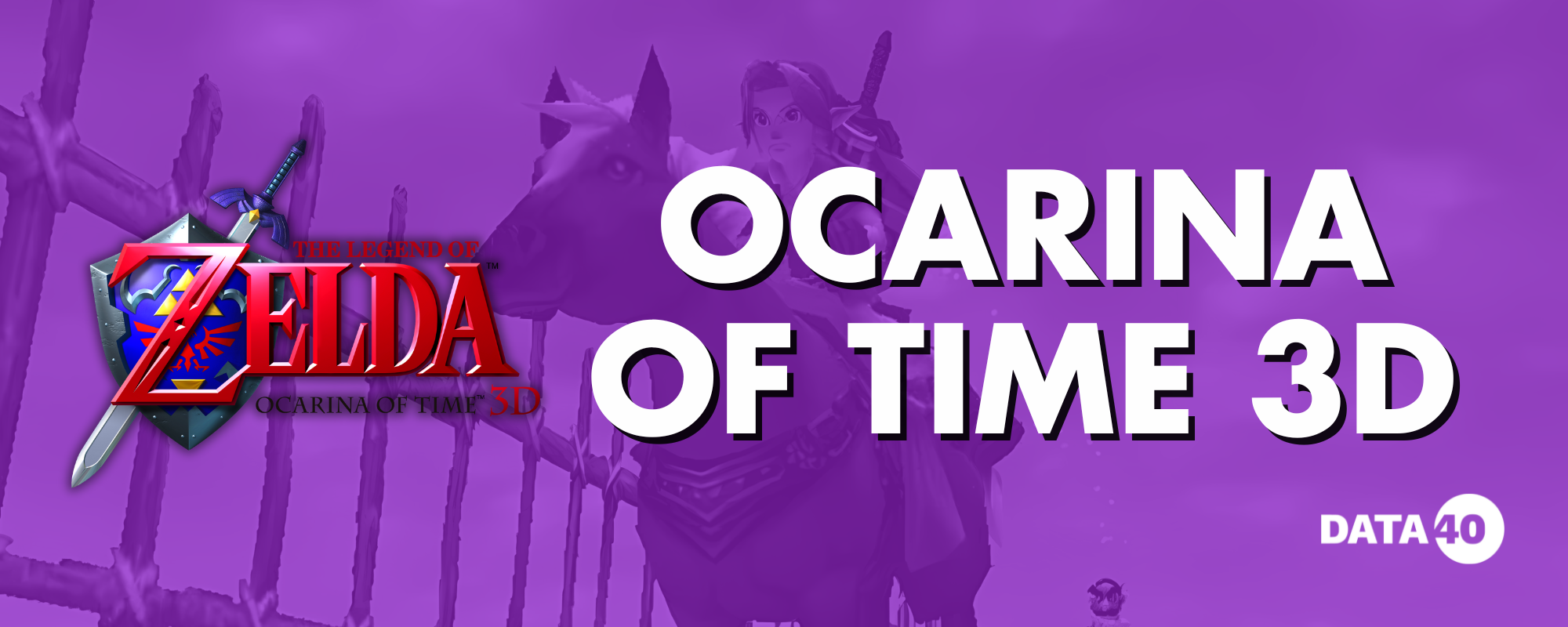
- Developer: Grezzo
- Release Date: June 16, 2011
- Copies Sold: 6 million
The 3D remake of the classic “Ocarina of Time” for the Nintendo 3DS brought this beloved game to a new generation. The marketing campaign capitalized on nostalgia, pairing classic gameplay with the novelty of 3D visuals. For example, The 3D remake of introduced several enhancements, including the use of the touchscreen for inventory management and the ability to aim items like the bow and slingshot using the 3DS’s gyroscopic technology. The game also included the Master Quest dungeons, a new “Boss Challenge” mode, and optional hint videos called “Visions” to assist players with puzzles. These features, along with updated graphics and 3D effects, contributed to its popularity. Special in-store demos allowed players to experience the new effects firsthand, creating a buzz around the game’s release. Collaborations with technology brands showcased the 3DS’s capabilities, further highlighting the game’s immersive experience.
- Phantom Hourglass
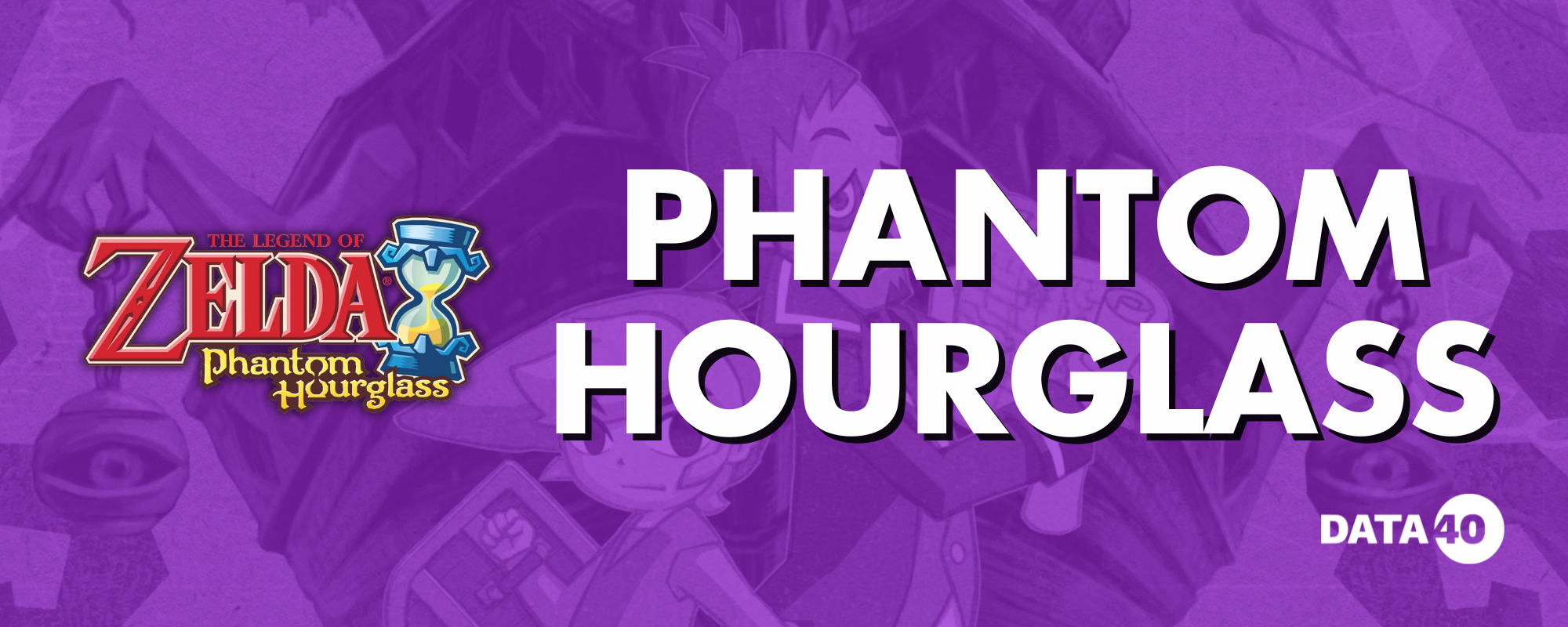
- Developer: Nintendo
- Release Date: June 23, 2007
- Copies Sold: 4.7 million
“Phantom Hourglass” brought the Zelda series to the Nintendo DS with innovative touchscreen controls and a distinctive art style. The marketing strategy included interactive demos at gaming conventions, showcasing the game’s unique control scheme. Collaborations with handheld accessory brands created themed products, enhancing the portable gaming experience and drawing attention to the game’s release.Thanks to this, Gamers around the world could purchase decorative elements, stationery, toys, key chains and other accessories dedicated to this game.
- The Wind Waker
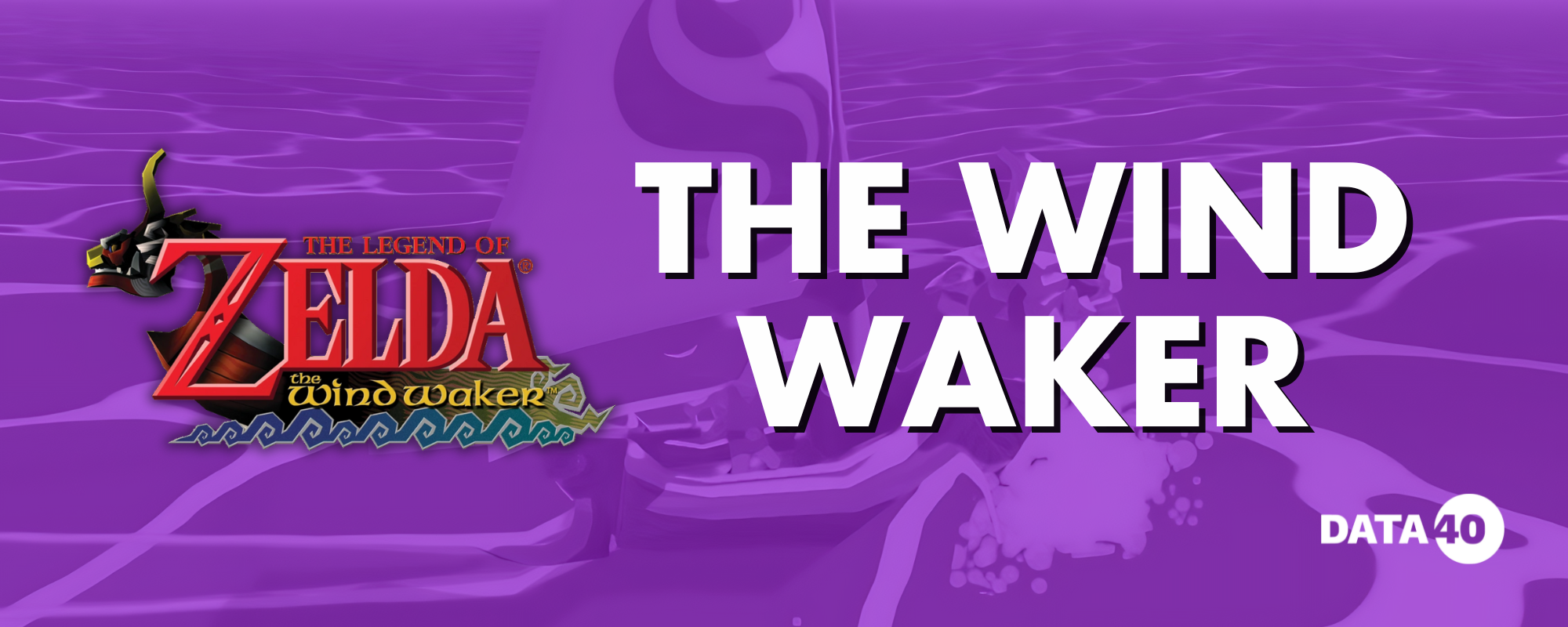
- Developer: Nintendo
- Release Date: March 24, 2003
- Copies Sold: 4.6 million
With its distinctive cel-shaded graphics and expansive oceanic world, “The Wind Waker” offered a fresh take on the Zelda formula. The marketing campaign highlighted the game’s artistic style and expansive world, with trailers and demos emphasizing its departure from traditional Zelda visuals. Special editions featuring art books and soundtracks celebrated the game’s unique aesthetic, appealing to both new players and series veterans.For “The Wind Waker,” one notable book is “The Legend of Zelda: The Wind Waker – Prima’s Official Strategy Guide,” which offers insights into the game’s world and strategies. The soundtrack that stands out is “The Legend of Zelda: The Wind Waker Original Soundtrack,” capturing the game’s unique musical themes and oceanic atmosphere. These items delve into the game’s artistry and musical score, allowing fans to relive the adventure and exploration of “The Wind Waker’s” distinctive world. For more detailed information, a direct search would be the best approach.
- The Adventure of Link
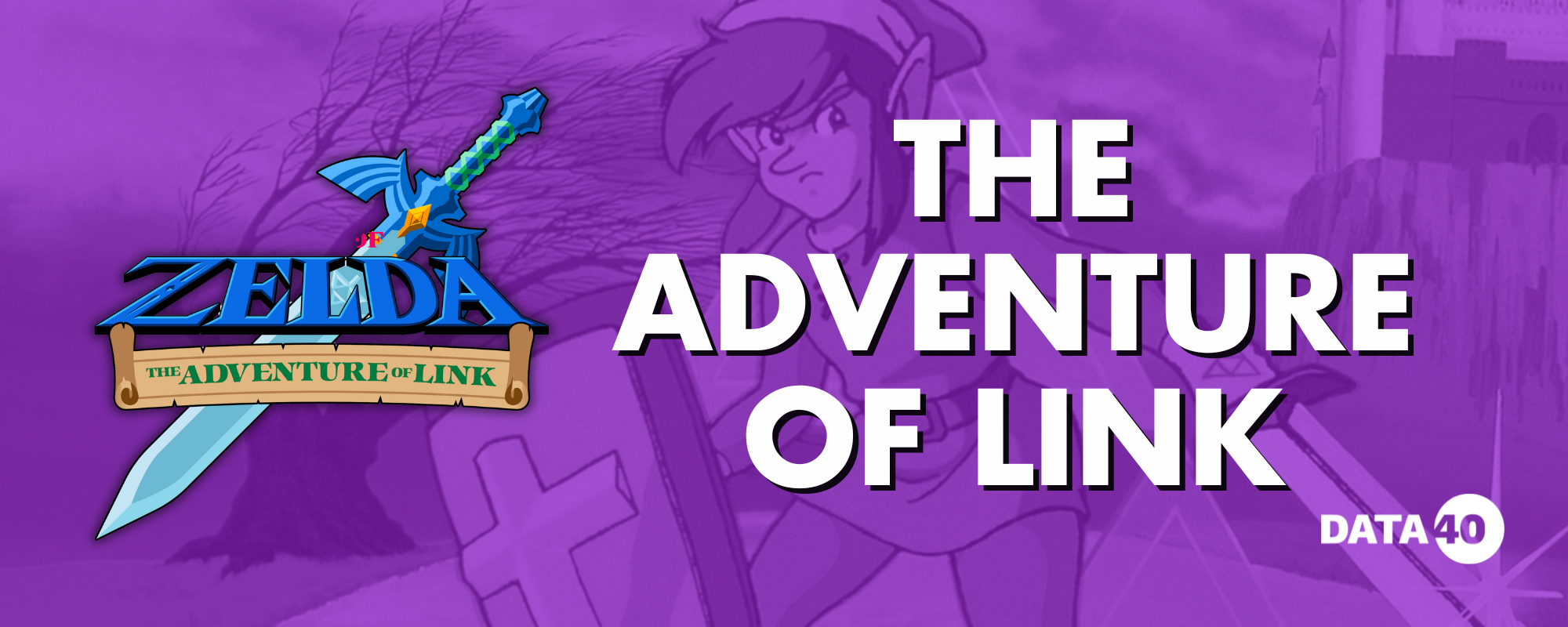
- Developer: Nintendo
- Release Date: December 1, 1988
- Copies Sold: 4.3 million
As the second installment in the Zelda series, “The Adventure of Link” introduced side-scrolling elements and RPG aspects, setting it apart from its predecessor. The differences from the previous game are embodied in incorporating side-scrolling elements in certain gameplay sections, such as when exploring dungeons or towns, which was a departure from the top-down view of the original. Additionally, it introduced RPG aspects like an experience points system for leveling up Link’s attributes, a feature not present in the first game. This blend of platforming and role-playing mechanics marked a significant evolution in the series’ gameplay design.Marketing efforts at the time focused on the game’s expanded world and deeper story, utilizing print ads and television commercials to reach a wide audience. In recent years, retro gaming events and online platforms have revived interest in this classic, celebrating its role in the evolution of the series.
Future Trends
The Zelda series’ recent foray into open-world design, especially with “Breath of the Wild,” has revolutionized the gaming landscape by offering an unprecedented level of freedom and exploration. This shift towards expansive, dynamic worlds is likely to continue, potentially incorporating emerging technologies like augmented reality (AR) and virtual reality (VR) to create even more immersive experiences. Future installments may focus on deepening narrative complexity and enhancing interactivity, ensuring the series remains at the forefront of gaming innovation and continues to captivate audiences for years to come. For more detailed insights, exploring reviews and developer interviews can provide additional context on the series’ evolution and its impact on the gaming industry.
It introduced an expansive open-world and intricate physics-based mechanics, revitalizing the series.
Its integration of storytelling, exploration, and puzzle-solving has become a blueprint for the action-adventure genre.
Expect further immersion and interactivity, possibly through advanced technologies and more expansive open-world environments.








